4 Tips to Help Introverted Leaders Succeed in the Workplace

It is widely believed in Western culture that to be a great leader you should be an extrovert. “You need to be able to walk in front of a microphone in front of a big group, capture the crowd and be charismatic be outgoing. Think politicians, kissing babies. And that is far from the truth, explains Brad Eure, co-founder of Eure Consulting. Adding, “There are a lot of strengths that extroverts have. There are just as many that introverts have.“
According to Eure, introverts make up nearly half the population. If you think you are an introvert, you are far from being alone.
Introverts: Why the Bad Wrap?
A hundred years ago, Carl Jung defined a person as being either introverted or extroverted by how they process the world around themselves and how they get and spend energy. There are varying degrees of each, and a person can be considered an ambivert, but to simplify it: extroverts seek out and get energy and stimulation from their outside environment. It energizes them. Introverts are the opposite.
For many introverts, quarantine life today is a little easier, as most of the mixing and mingling and interruptions they encountered pre-pandemic has come to a standstill.
Introverts are sometimes stereotyped as “anti-social” or “shy”, but those traits are found in extroverts as well. “Being shy is social anxiety and it affects both introverts and extroverts,” says Eure.
“Introversion is not anti-social, is not “curable” because it is not a disease. It isn’t a choice. It is not right. It’s not wrong. It is just who you are. And it doesn’t disqualify you from being a good leader. We have found that introverts are phenomenal leaders. All of us have our strengths and all of us have our weaknesses,” he adds.
Quiet, Introvert in the House
Do you find that you often need to retreat to a quiet space to concentrate, reflect, or rest? You don’t like to rush decisions, are comfortable when alone, and prefer to write rather than talk?
If some of these traits sound like you, congratulations! You are more than likely an introvert. You have a unique self-awareness. Use that and these tips to help you be the best communicator and leader you can be.
4 Tips to Help Introverts Manage Themselves, Meetings, and Others*
#1) Own who you are.
Some may think extroverts are “natural” leaders but don’t try to be something you are not. Replace myths about leadership with truths. Be yourself, be authentic and be open and honest. This will build trust. Purposely surround yourself with people who complement your abilities and style.
Bonus tip: Eure suggests checking out “The Five Dysfunctions of a Team: A Leadership Fable” by Patrick Lencioni.
#2) Become adept at facilitating meetings when introverts and extroverts are together.
Eure reports that extroverts often dominate meetings and speak without thinking. They think passion/words/volume proves their arguments. Facilitate meetings with that in mind. Ask questions and speak up last. Draw out comments from other introverts and let them know ahead of time that you will seek their input. Like you, they want to have time to think about how they will answer.
Bonus tip: Set ground rules or Rules of Engagement for your meetings to ensure a safe space.
#3) Clearly define roles, expectations, values, and processes.
The best way to manage introverts and extroverts is by clearly defining roles, expectations, and core values. Schedule regular feedback sessions that are clear, consistent, caring, candid, and challenging. Create and strictly follow processes for everyone. Understand extrovert traits so that you are not put off by them and can lead them in the most effective way.
Bonus tip: Eure likes the Radical Candor approach.
#4) Understand the dynamics of communicating with an extroverted salesperson.
Eure reports that extroverts, especially salespersons, need to understand how their actions affect others. Keep in mind they can have sporadic listening skills. Document conversation details when appropriate and have them commit to modes of action and hold them accountable. Be able to read the body language for approval or disapproval, and praise them for their achievements.
Measurement is Key for Continued Development
Many CEOs find that hiring a consulting firm to assess their team’s personal behavior styles can be a gateway toward a strong team dynamic. While you are at it, consider engaging that firm to help establish your company’s own set of Meeting Rules of Engagement — one that balances the needs of extroverts and introverts alike.
Heartfelt thanks to Brad and Clay Eure of Eure Consulting for their assistance with this article.
*Source: “How to Lead As An Introvert”, 2021 presentation by Brad and Clay Eure, Eure Consulting.
From the Desk of Scot McRoberts: Making Our Organization More Inclusive and Welcoming
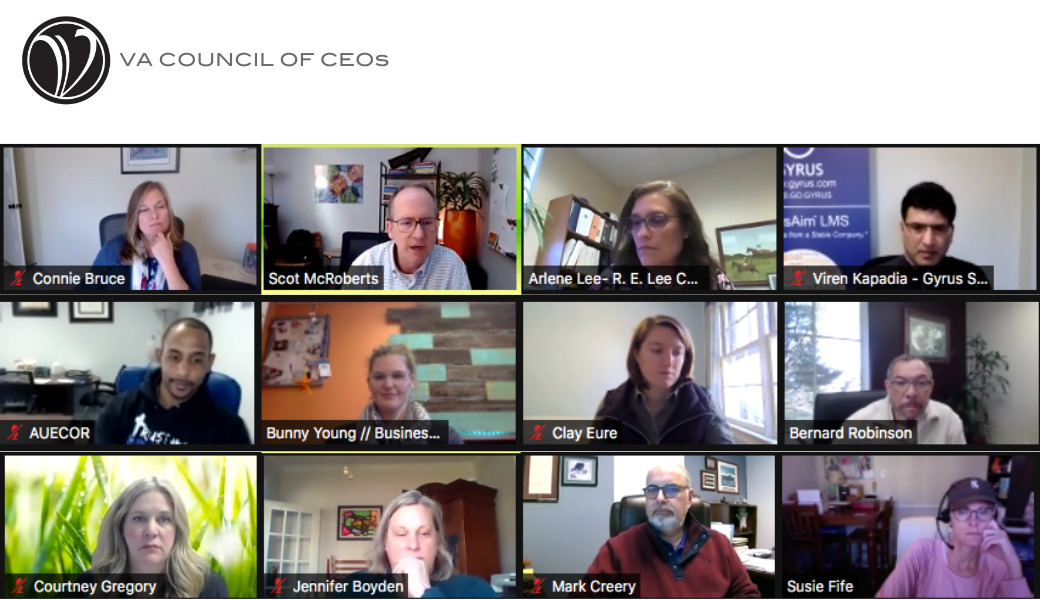
Shaw was a guy at my church. We worked together on lots of things – youth programs, Upward Basketball, service projects, and the like. He was one of those rare individuals who never met a stranger. No matter who you were – a surly teen, a blue-haired matriarch, a young woman in a wheelchair, or a wary kid from public housing – Shaw made you feel good about being there.
At Virginia Council of CEOs, we are doing some long overdue work on diversity & inclusion. Our D&I Committee held its second meeting last week, and we are getting some momentum. Last month, you made have attended Ace Callwood’s brilliant talk, “The Case Against the Case for Diversity.” In a nutshell, he says that the traditional case for D&I – better business results – is old news. Everyone knows it is true, but it doesn’t speak to the real reason that businesses should be doing this work.
When it comes down to it, I want any organization I am a part of to be like Shaw. I want VACEOs to make everyone feel good about being there, especially people who have not traditionally been involved. The business results will follow. And we don’t really need a business case to be like Shaw, do we?
About the Author
Scot McRoberts is the executive director of the VA Council of CEOs (VACEOs). One of the original co-founders, he has led the organization’s growth from 20 members in 2000 to more than 200 today. Utilizing a best practice model for the Council’s CEO roundtables and a dogged focus on its core purpose of connecting CEOs for the purpose of sharing experiences, McRoberts has developed an association that boasts 90% retention. Before coming to VACEOs, Scot was a senior executive at the Greater Richmond Chamber of Commerce, where he led business councils, small business programs, and business retention efforts.
How to Be a Better CEO in 2021

Last year at this time, I asked the members in my peer roundtable “What are your professional development plans for next year?” I was shocked when two of these CEOs said that they had done all that stuff, that they were within 5 years of exiting, and that they really didn’t see a need for it. It seemed like they had decided to just coast to the finish line of their careers.
Maybe when I am closer to retirement, I will have that attitude, but I hope not. I believe that there is unlimited potential for growth, and that if I am to be the leader my organization needs and deserves, I need to work on myself continually.
I think I am a pretty good CEO. So, what’s wrong with being the same kind of CEO again next year? Well, are my competitors sitting still or getting better? Is the pace of change in business and society slowing down? I don’t think so. If I am to lead my business to compete and thrive amidst rapid change and the unexpected (pandemic, anyone?) I must continue to learn and grow.
So I encourage you, my fellow CEOs, to make a decision about how you will grow as a leader in 2021. The options are endless. You could take a class, join a book club, retain a coach, or join a peer roundtable.
Be a better CEO in 2021. Make a decision now on how you will learn and grow.

About the Author
Scot McRoberts is the executive director of the VA Council of CEOs (VACEOs). One of the original co-founders, he has led the organization’s growth from 20 members in 2000 to more than 200 today. Utilizing a best practice model for the Council’s CEO roundtables and a dogged focus on its core purpose of connecting CEOs for the purpose of sharing experiences, McRoberts has developed an association that boasts 90% retention. Before coming to VACEOs, Scot was a senior executive at the Greater Richmond Chamber of Commerce, where he led business councils, small business programs, and business retention efforts.
VACEOs Hires Regional Executive As Org Expands Across Virginia
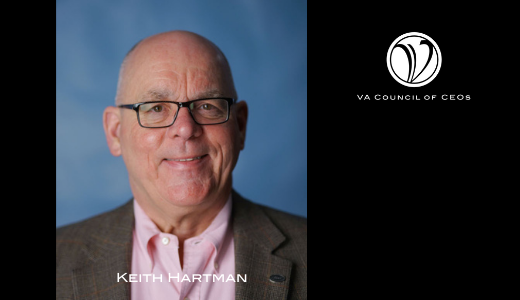
The Virginia Council of CEOs announced today that Keith Hartman has joined the staff as Regional Executive for Virginia Council of CEOs (VACEOs). Hartman’s main responsibility will be to assist with the nonprofit’s Commonwealth-wide focus on membership representation and growth.
“We are fortunate to add Keith to our team,” says Scot McRoberts, Executive Director, VA Council of CEOs. Adding, “He is a strong believer in the power of peer roundtables, and he understands the challenges that small business CEOs face. He will be a tremendous help as we strive to serve more small business CEOs throughout Virginia.”
Hartman has over five years of experience developing and supporting peer-to-peer roundtables and forums for Vistage Worldwide, the international leader in peer advisory groups and personal leadership development for CEOs and senior leaders. He has experienced first-hand the transformational impact that the sharing of challenges, opportunities, and experiences with trusted peers in a confidential environment can have, and is looking forward to helping the Council expand this concept to all corners of the Commonwealth.
Says Hartman, “Ben Franklin formed quite possibly the first peer group in this country in 1727. He called it the Junto Club. It had 12 members, met weekly, and lasted for 38 years. Napoleon Hill wrote of the power of peer groups as early as 1937. Still today, however, a relatively small percentage of CEOs and business owners have benefited from membership in a peer group, and I am thrilled to be associated with the Virginia Council of CEOs as we take our unique approach to the peer group concept statewide. Our combination of membership impact, benefits, accessibility, and reach are uniquely served to bring the power of peer roundtables to CEOs and business owners throughout all corners of the commonwealth.”
 More About Keith Hartman
More About Keith Hartman
In addition to work for Vistage Worldwide, Hartman has over 30 years of experience in leadership positions with small businesses as well as public and private equity-owned organizations. One of the common threads of his career has been interaction with CEOs, presidents, business owners, and entrepreneurs, from a variety of different perspectives. He was most recently the Director of the Roanoke Region Small Business Development Center, where he worked with aspiring entrepreneurs and owners of existing businesses in an eight-county area of southwest Virginia, helping them with issues encountered throughout the life cycle of a business. A key component of his role was establishing and enhancing relationships with stakeholders and investment partners.
Hartman earned a BA from Juniata College in Huntingdon, Pennsylvania, and has completed a variety of sales, management, and professional improvement programs. His volunteer work includes serving on the board of the Botetourt County Chamber of Commerce, where he is currently the Interim Executive Director as well. He also represents VACEOs as a member of both the Botetourt County and the Roanoke Regional Chambers of Commerce.
About the Virginia Council of CEOs
Virginia Council of CEOs is a nonprofit organization connecting CEOs for learning and growth. Formed more than 20 years ago, Member benefits include placement in a peer roundtable group and access to a thought leader network and a robust program of events for learning and growth. This is not a networking group, but rather a group of CEO peers who are invested in the success of each Member. Learn more at www.vaceos.org.
Related stories:
What to Expect in 2021: A Memo from VACEOs Executive Director
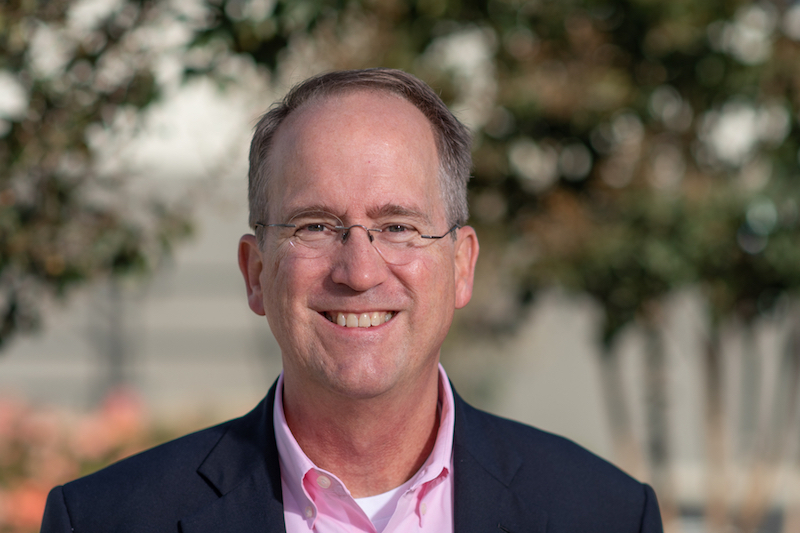
VACEOs Community,
As 2021 rapidly approaches, I wanted to share again our approach to the year. While we are still in the midst of a global pandemic, I am buoyed by the latest vaccine news, which to my reading indicates that vaccines will be available for most people by June.
As always, Roundtables and Forums come first. We have increased support, training, and leader training for these groups. Our recruiting of great CEOs has not stopped and we will have a steady stream of new members to fill seats in your groups.
Your board has instructed staff to continue to produce high-impact programs and connections — virtually for now — and to pivot back to in-person events when permissible and safe. Here are the highlights of what we have planned so far.
- One high-impact program per month, along with several smaller learning and connecting events. We’ve got Richmond Fed president Tom Barkin, Vidyard Exec Tyler Lessard with Marcus Sheridan, a business LEGEND I cannot announce yet, and much more.
- Our annual CEO Retreat will be presented virtually over two weeks at the end of April, with speakers (announced soon), workshops, and social opportunities. Also, conditions permitting, we will be encouraging small group “watch events” to connect you all for learning and growth. Thanks to Steve Pendlebury for connecting us with a rockstar speaker!
- We are planning a new Fall Leaders Conference that we anticipate will be in-person. This is being scheduled for September at the Cavalier Resorts in Virginia Beach.
- In January, we will launch a new, easy to use online community that will connect all VACEOs Members and Sponsors — giving Roundtables, Forums, interest groups, and committees a powerful platform to connect, learn and grow.
- And, as we expand to serve CEOs across Virginia, you will have access to more CEOs and sponsors and their experiences.
- Finally, in case you missed it a few weeks ago, here is a “State of the Council” post from 2021 Chairman Sam Stone and me.
I look forward to a dynamic year and to emerging stronger on the other side.
Forward!
Scot McRoberts Executive Director scot@vaceos.org
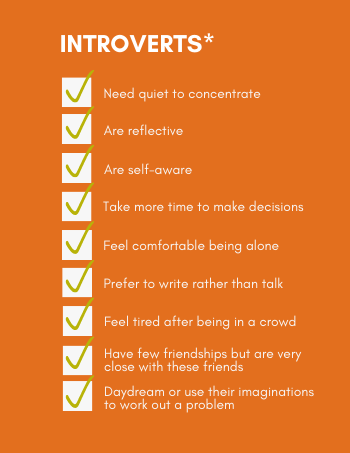
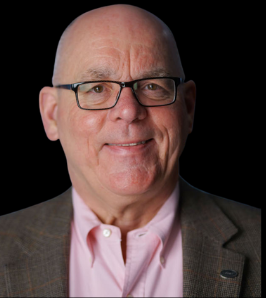 More About Keith Hartman
More About Keith Hartman
Recent Comments